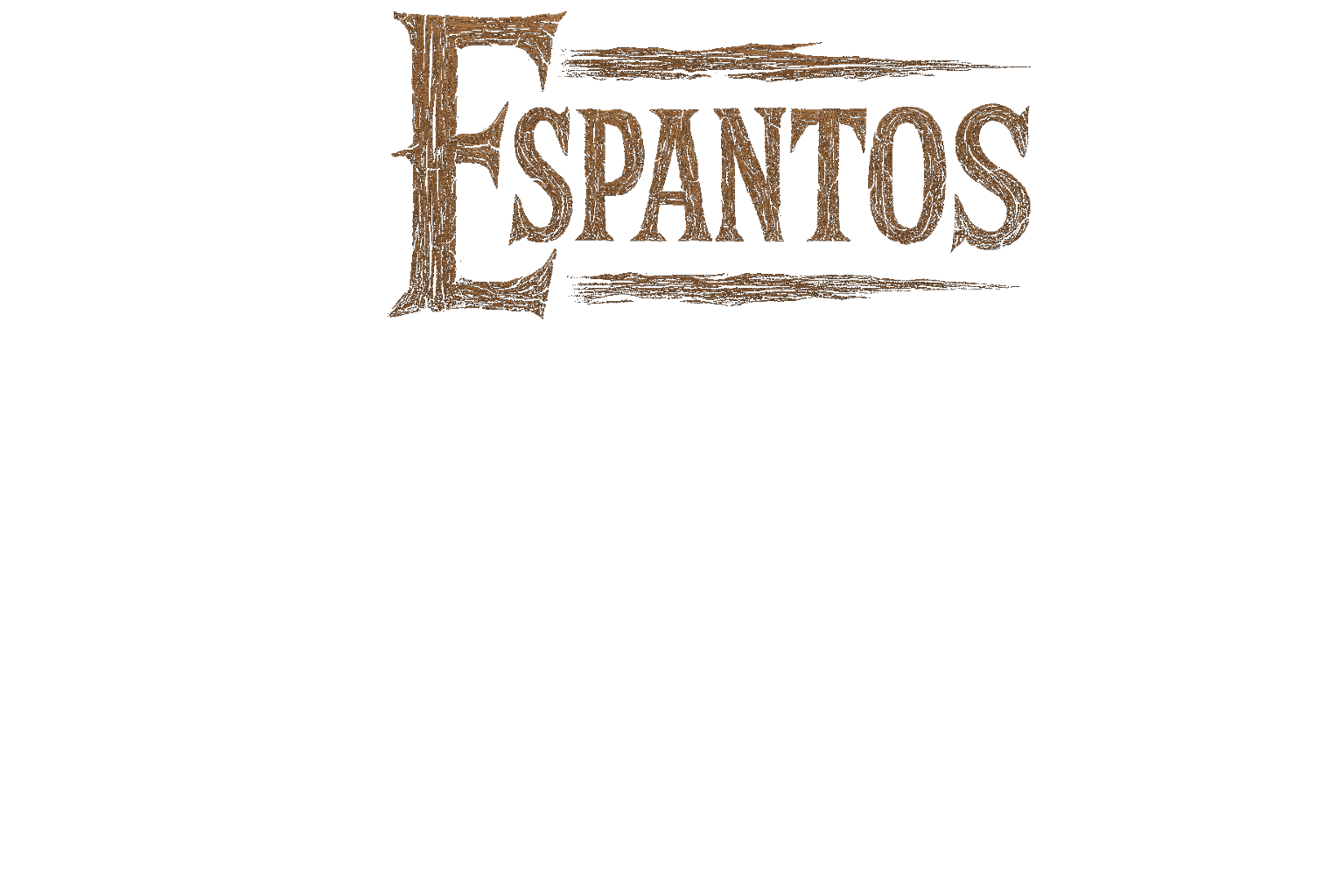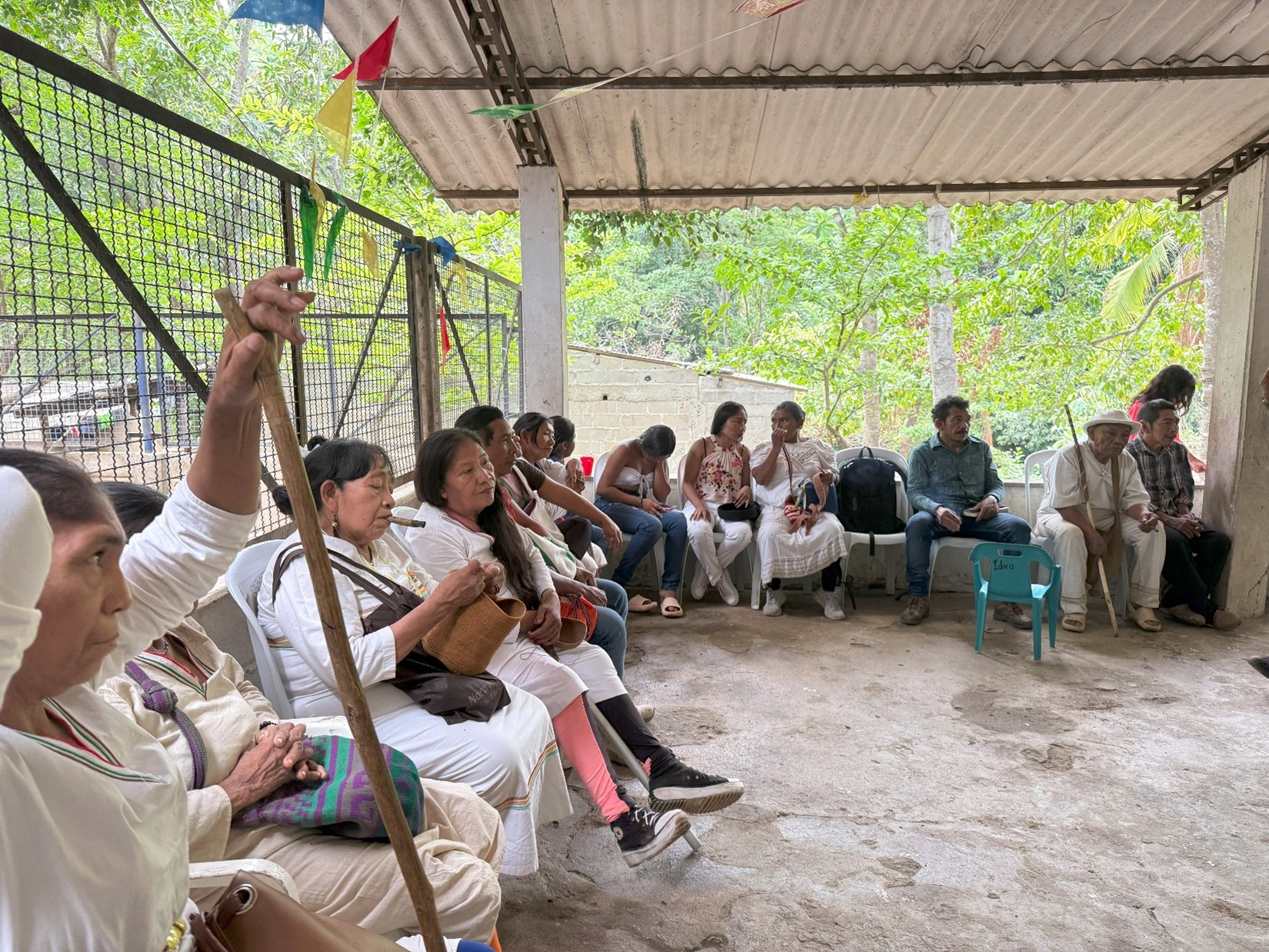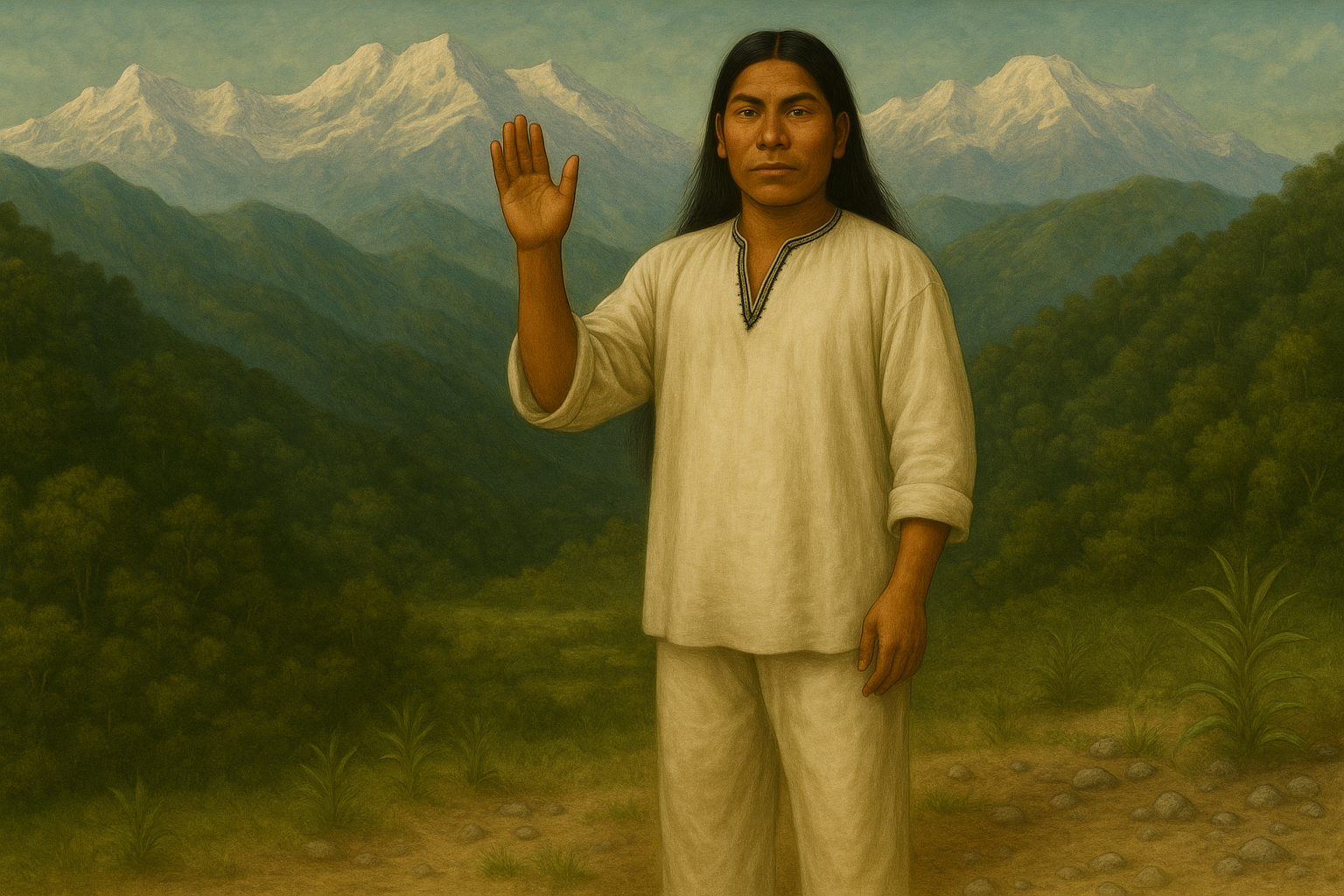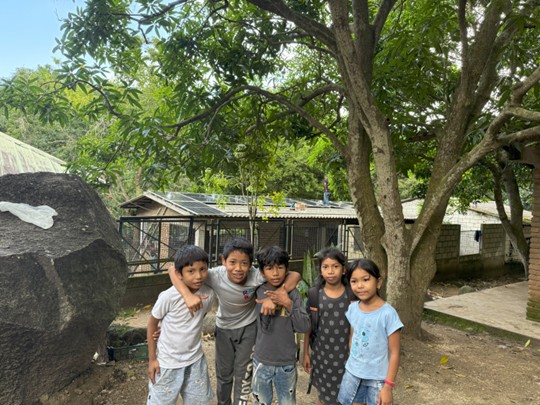

Healing Through Playing: How Espantos Could Transform Mental Health for Indigenous Women and Girls in Colombia

In the foothills of the Sierra Nevada de Santa Marta, Colombia, an ancestral struggle meets a bold, culturally rooted innovation. In the peri-urban Indigenous territory of Narakajmanta, more than 5,000 women, girls, and LGBTI+ individuals have long carried the responsibility of collecting water for their communities—a task that increasingly exposes them to danger, trauma, and emotional isolation.
A groundbreaking partnership between Environmental Women ORG and the creators of Espantos: The Game proposes to rewrite that narrative. Through a culturally adapted version of the game, co-designed with local families, the project would explore how digital tools rooted in collective memory and symbolic healing could contribute meaningfully to mental health and family resilience.
🌊 A Crisis That Begins at the Water's Edge
For Indigenous women and girls in Narakajmanta, the daily journey to collect water can stretch up to 2,500 meters across unsafe terrain. These paths are not just physically demanding—they are spaces where gender-based violence, including harassment and assault, is an ever-present threat.
Internal reports suggest that at least 60% of these water collectors have experienced violence during these treks. But the trauma wouldn't end there. It could follow them home—into silence, shame, and disconnection. Daughters might return emotionally withdrawn. Mothers, themselves survivors or witnesses of violence, might lack the emotional tools to support them. What begins as a structural crisis could manifest as ruptures in the family bond—eroding trust and deepening intergenerational pain.
🎮 Espantos: A Cultural Response to Invisible Wounds
Espantos would not be offered as a product, but as a relational medicine. The game, which explores fear, memory, and resistance through a Latin American lens, would be adapted collaboratively with the community to become a cultural and emotional bridge between generations.

Co-designed in participatory workshops with 50 mother-daughter pairs, the adapted Espantos game would consist of 5 symbolic levels, each tied to a key community value:
- Trust
- Memory
- Protection
- Shared Word
- Reciprocity
Each session could become a safe space—not just for play—but to imagine new ways to talk, to name fear, and to begin healing together.
🧠 Mental Health Without Clinics: A Family-Centered Approach
Conventional mental health services often remain inaccessible or culturally disconnected from Indigenous territories. Espantos, however, would not require diagnoses, internet, or external intervention. It would work offline, on basic devices, and in multiple languages, including Spanish and Indigenous dialects.
The intervention would:
- Include 6 guided play sessions over a 3-month period
- Be facilitated by 300 trained youth from the community
- Prioritize mother-daughter dialogue as a starting point for emotional recovery
In this model, the family home becomes the primary space for care—not through professional therapy, but through reconnection, imagination, and play.
📈 What Could Change: Anticipated Impacts Beyond the Screen
If successful, the pilot could generate meaningful shifts in how communities understand and approach emotional well-being:
- As many as 65% of participating families might report improved emotional communication and mutual trust
- Symbolic narratives from the game could become tools for discussing previously unspeakable experiences
- Over 20 Indigenous schools and community centers could adopt Espantos as a permanent educational and emotional resource
These projected outcomes would suggest not just behavioral change—but the emergence of a culturally grounded, community-owned mental health response.

🧑🏽��🧑🏽 Community-Led by Design
What sets this initiative apart is its leadership. The facilitators would be young Indigenous women and LGBTI+ youth, trained not only in the technical aspects of the game, but in intercultural facilitation and emotional accompaniment.
Their presence could ensure that Espantos is not imposed—but co-owned, adapted to local realities and sustained through community structures.
💬 What They Might Say
Before, my daughter would come home quiet and scared. After playing together, we might be able to talk. We'd laugh. I might begin to heal with her.
The game could help us speak what we never dared to say. I'd feel safe showing my feelings to my mom.
It wouldn't just be a game. It could be our digital medicine—born from our own pain.
🚀 What's Next
Environmental Women ORG and its allies envision that, if successful, the project could scale to:
- Reach 5,000 Indigenous families across rural and peri-urban Colombia
- Be translated into 3 additional Indigenous languages
- Inform national policies on culturally responsive emotional well-being
🧩 Final Thought
Espantos might not be a clinical intervention—but it could be a space of repair, of intergenerational dialogue, and of emotional survival. In territories where fear has shaped silence, this game could offer something powerful: the chance to play, to speak, and maybe—to heal.
